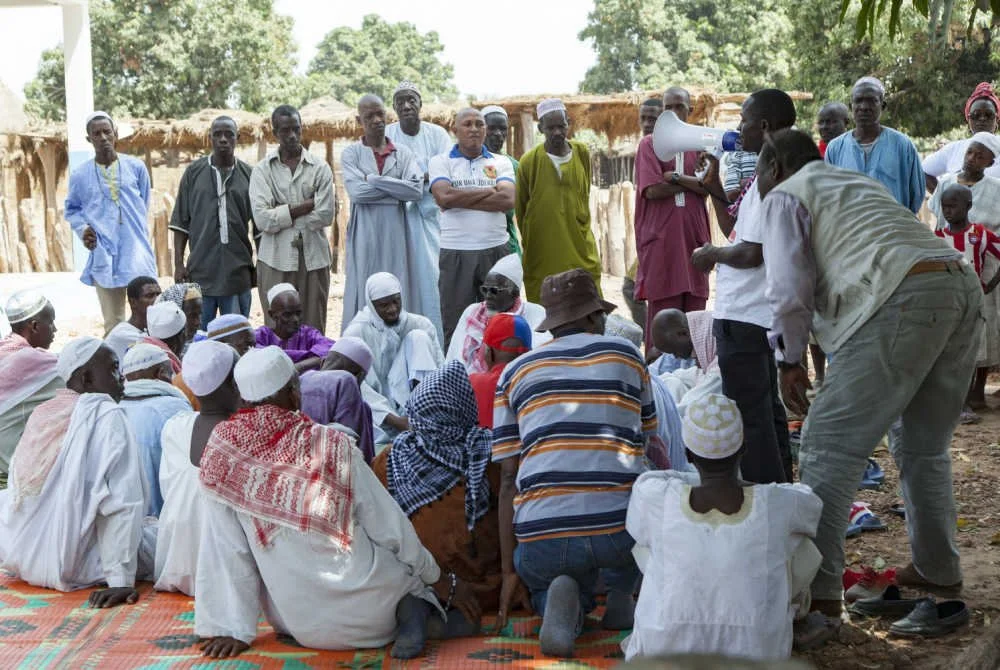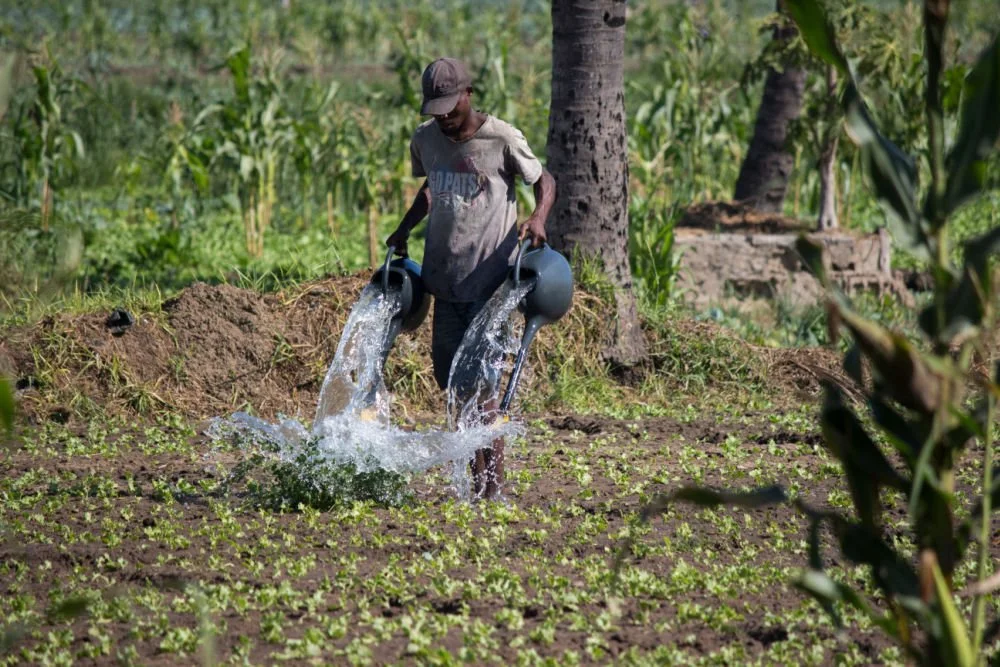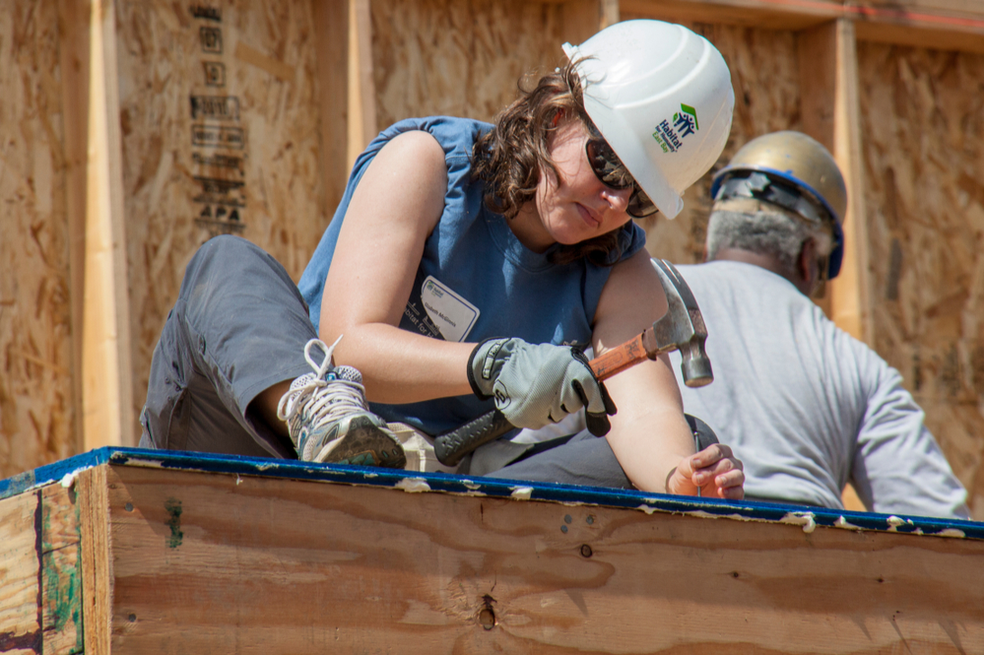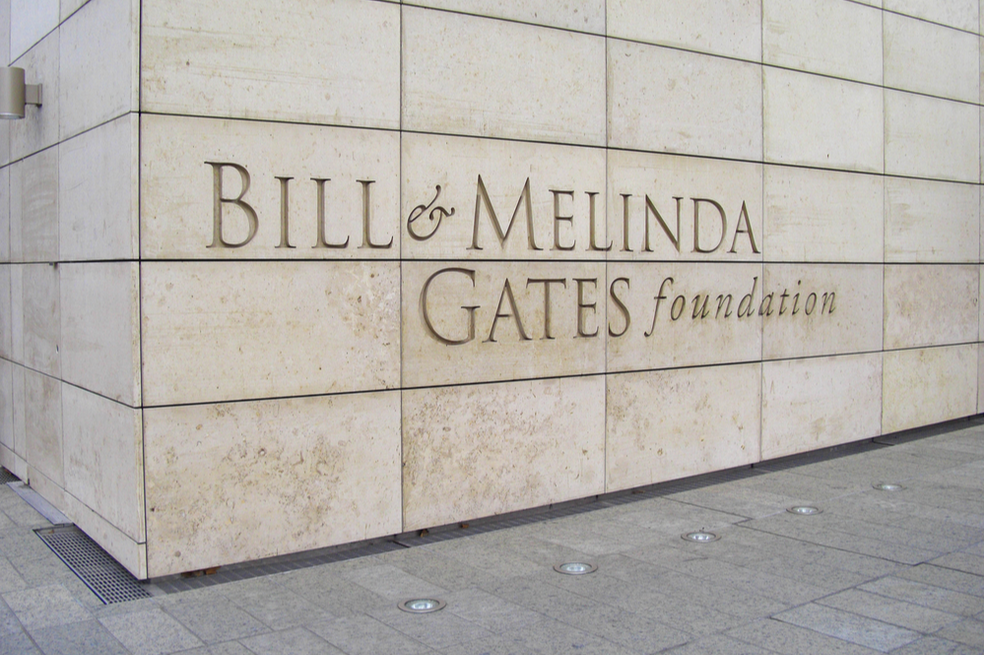How a Foundation is Looking to Help Millions of Young People Find Work in Africa
/A market in Ethiopia. photo: Nick Fox/shutterstock
Africa has one of the world’s highest unemployment rates, particularly for young adults. This problem is part of a larger global demographic bulge—or time bomb, some warn—of people coming of age in places without enough economic opportunity, a trend that threatens to destabilize countries and regions. But nowhere are things playing out more dramatically than in Africa, where the population is growing so fast that by 2035, there will be more young people entering the continent’s workforce each year than in the rest of the world combined.
Can that high-stakes challenge be solved with better training and education, savvy use of technology, and wider financial inclusion?
By the look of it, the Mastercard Foundation believes that it can. The foundation recently committed $100 million to projects within its Young Africa Works strategy. The move continues a trend of foundations, donors and social investors deepening their stakes in the continent’s future. Mastercard Foundation—an entity that's entirely separate from the credit card company and has some $9 billion in assets—is among the leaders in this push, especially on the economic front.
Related: Betting Bigger on Africa: As the Continent Rises, Foundations are Upping the Ante
The vision of Young Africa Works is ambitious: to enable 30 million African youth to secure jobs by 2030. The strategy is based on extensive consultations with potential partners: the leaders of African governments, the private sector, educational institutions, civil society, and young people themselves.
“A great deal of the work of the Mastercard Foundation is centered on helping to prepare young people, especially young women, in Africa for the workplace, including scholarships for academic education, support to skills training and entrepreneurial development,” said Lindsay Wallace, the foundation’s director of strategy and learning, in an interview with Inside Philanthropy.
Wallace said the Mastercard Foundation supports expanding access to financial services for households and small businesses, and that its strategy focuses on reducing or removing obstacles, particularly financial obstacles, to small business growth and job creation “since we know that access to employment has a multiplier impact on poverty reduction.”
The foundation is also developing technological solutions for greater financial inclusion, Wallace said, “as a way to scale the impact of our work.”
Mastercard Foundation’s commitment of $100 million backs two specific initiatives in Rwanda, both of which are in step with the Young Africa Works strategy. One of them, Hanga Ahazaza, is aimed at boosting employment and enterprise opportunities for young people while growing the country’s tourism and hospitality sector and helping to reduce poverty. The other, Leaders in Teaching, supports improvements to secondary education and the establishment of a pan-African Center for Innovative Teaching and Learning in ICT.
As we’ve reported before, there are reasons to cast a cautious eye on economic initiatives in Africa when they are promoted by funders with links to financial services corporations in the developed world. To be sure, financial inclusion is a good thing—in fact, for farmers and small business owners, access to capital and financial tools are key rungs on the ladder to success. But we can’t lose sight of the fact that the poor are also vulnerable to debt traps, and financial services have often engaged in exploitative practices in the United States.
Again, though, it's worth stressing the MasterCard Foundation's usual independence from its corporate namesake; its board doesn't even include any members from MasterCard. The same can't be said of the Citi and MetLife foundations, other funders operating in Africa’s financial inclusion space.
Related: A Credit Card Foundation Aims to Help Africa’s Rural Poor. Is That a Bad Thing?
At this point, MasterCard Foundation has had a lot of time to demonstrate how serious it is about improving fortunes in Africa. The latest foundation commitment there is far from the first—in fact, since 2009, the foundation has invested some $40 million in a partnership with Opportunity International to provide financial access to several million people living in rural parts of Tanzania, Ghana, Malawi, Uganda and Rwanda. In doing so, it's been involved with such big players in funding Africa projects as Bill Gates.
It’s encouraging to see the Mastercard Foundation continue to beef up its commitments in Africa. And it’s an equally hopeful sign that youth unemployment is in its sights. Given the staggering size of that challenge, it's important to have deep-pocketed funders on the case—and all the more so if their efforts bear fruit and convince other funders to step in with similar determination.
Related:







































